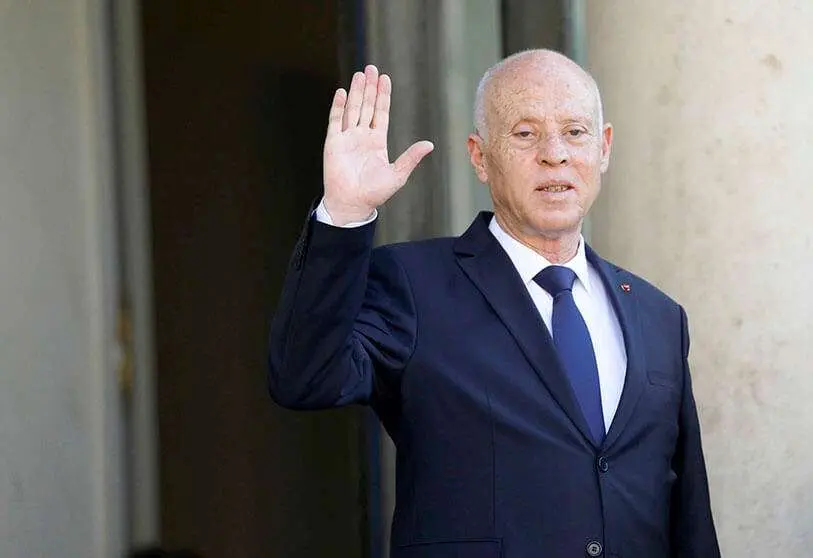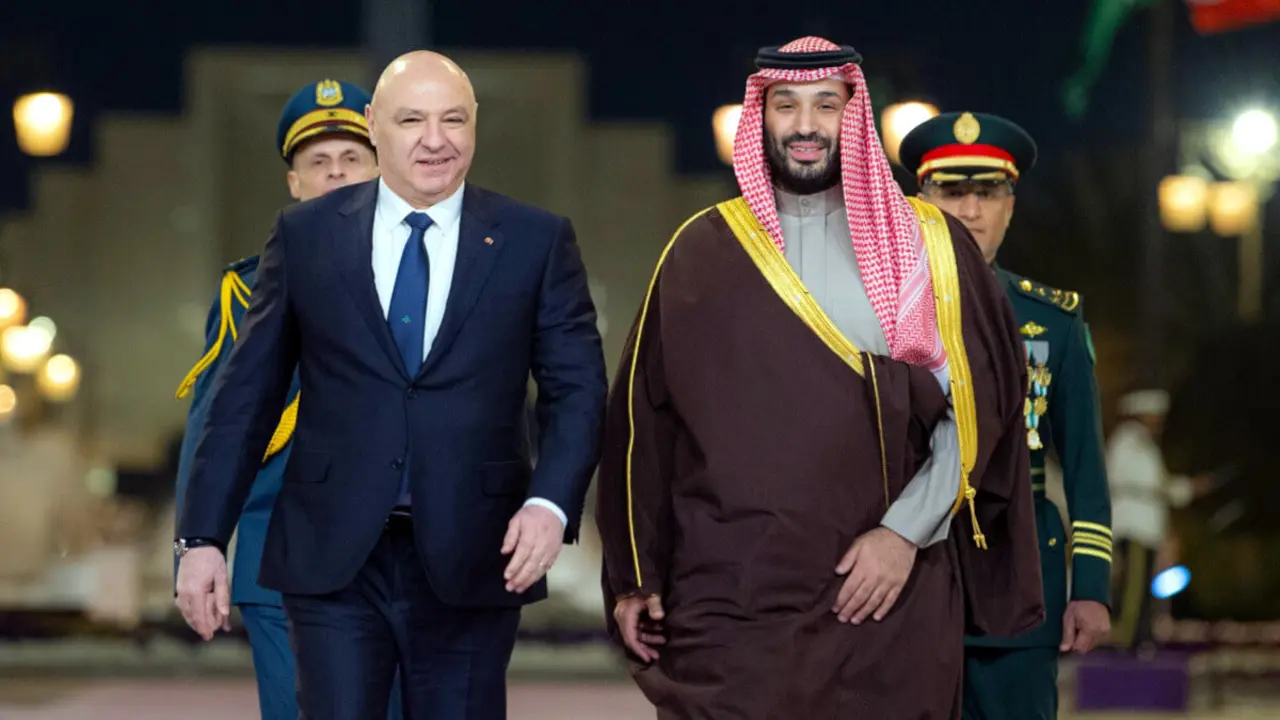Túnez designa embajador en Libia por primera vez desde 2014

The President of the Republic of Tunisia, Kais Saied, appointed the Ambassador to Libya for the first time since 2014. The Tunisian embassy has continued to be established in Libyan territory during these years, in addition to a consulate in the capital of Tripoli, but the delegation has been closed for the past six years owing to the war the North African country is experiencing caused by the sides fighting for power after the fall of Muammar al-Qadhafi's regime.
The Tunisian foreign ministry issued an official note stating that President Kais Saied had decided to appoint Al-Asaad Ajili as Tunisian ambassador to Tripoli "in the framework of the annual reorganisation of the heads of diplomatic, permanent and consular missions".
The decision also included the appointment of several ambassadors to different countries; among them Muhammad bin Yusuf as ambassador to Cairo, Nabil Ammar as ambassador to Brussels, Reza Zqidan as ambassador to Baghdad, and Hashemi Ajili as ambassador to Kuwait, as also reported by the Libya Review.
At the beginning of the month, Kais Saied and the acting special representative of the United Nations (UN) secretary-general in Libya, Stephanie Williams, discussed the efforts of the supranational entity to achieve a political agreement in the Libyan country, according to a communiqué issued by the Tunisian presidency. The UN official praised Tunisia's important role in achieving lasting stability in the region. For his part, Saied stressed that the solution to the Libyan crisis must be based on the agreement of all its factions in order to avoid any foreign interference. The President reiterated Tunisia's commitment not to interfere in Libya's internal affairs and to find peaceful solutions to end the Libyan armed conflict.
It is worth stressing here the important role played by another major Maghreb player, Morocco, which has been acting as mediator. Indeed, in the town of Bouznika, south of Rabat, the last understanding was reached between the parties to the conflict in Libya: on the one hand, Prime Minister Fayez Sarraj's Government of National Accord (GNA) and, on the other, the power of the eastern part of the country represented by the Tobruk Parliament, the latter associated with Marshal Khalifa Haftar's Libyan National Army (LNA). A pact through which there could be understanding to progress in the pacification of the area and to appoint consensual individuals to head key institutions in the country such as the Libyan Central Bank or the National Petroleum Corporation.
The Libyan civil war has become an internationalised game board in which various countries with interests in the North African country participate. Foreign involvement through the use of mercenaries stands out, favouring instability and insecurity in a nation already devastated by the war. Sarraj's GNA, based in the capital of Tripoli, is supported by Turkey and Qatar and recognised by the UN, while Haftar's LNA is supported by Saudi Arabia, the United Arab Emirates, Egypt (these three political rivals of Qatar), France and Russia. The Russian state uses the private company of soldiers known as the Wagner Group on the ground; for its part, Turkey intervenes by sending mercenaries from Syria who, according to various media, belong to groups linked in the past to Jihadist terrorist organisations such as Daesh and al-Qaeda.








